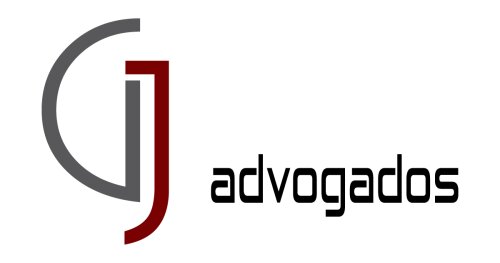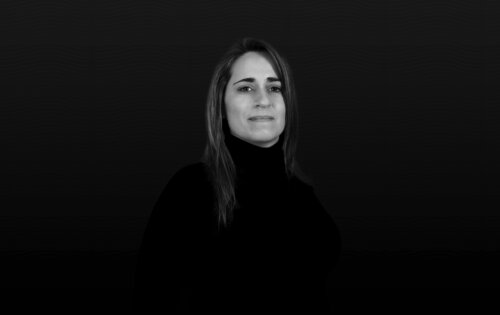Best Transportation Lawyers in Portugal
Share your needs with us, get contacted by law firms.
Free. Takes 2 min.
Or refine your search by selecting a city:
List of the best lawyers in Portugal
About Transportation Law in Portugal
Transportation in Portugal is regulated by a set of laws and regulations that govern different aspects of the transportation industry. This includes road, air, sea, and rail transportation. Anyone involved in transportation activities in Portugal must comply with these laws to ensure the safety of passengers, goods, and the environment.
Why You May Need a Lawyer
There are various situations where you may require legal help in transportation in Portugal, such as accidents, licensing issues, contract disputes, and regulatory compliance. A transportation lawyer can provide you with legal advice, representation in court, and help you navigate the complexities of transportation laws in Portugal.
Local Laws Overview
Some key aspects of local laws that are particularly relevant to transportation in Portugal include regulations on driver's licenses, vehicle registration, traffic rules, and liability in case of accidents. It is important to be familiar with these laws to avoid legal issues and ensure compliance with the regulations.
Frequently Asked Questions
1. What are the requirements for obtaining a driver's license in Portugal?
In Portugal, to obtain a driver's license, you must be at least 18 years old, pass a written and practical test, and undergo a medical examination.
2. What should I do if I am involved in a car accident in Portugal?
If you are involved in a car accident in Portugal, you should contact the police, exchange information with the other party, and seek medical attention if needed. It is also advisable to consult with a transportation lawyer to understand your legal rights and obligations.
3. What are the regulations for transporting goods by road in Portugal?
Transporting goods by road in Portugal is subject to specific regulations regarding vehicle weight, dimensions, and cargo securing. It is important to comply with these regulations to avoid fines and penalties.
4. How can I challenge a traffic violation ticket in Portugal?
If you want to challenge a traffic violation ticket in Portugal, you can file an appeal with the relevant authorities within the specified deadline. A transportation lawyer can assist you in preparing and presenting your case.
5. What are the legal requirements for operating a commercial airline in Portugal?
Operating a commercial airline in Portugal requires obtaining the necessary licenses, permits, and certifications from the civil aviation authorities. Compliance with safety regulations and international standards is essential for running a successful airline business in Portugal.
6. Can I sue a transportation company for damages in Portugal?
Yes, you can sue a transportation company for damages in Portugal if you have suffered harm due to their negligence or misconduct. A transportation lawyer can help you file a lawsuit and seek compensation for your losses.
7. Are there specific regulations for public transportation in Portugal?
Yes, public transportation in Portugal is subject to regulations regarding service quality, safety standards, and fare pricing. Transportation companies must comply with these regulations to ensure a safe and reliable service for passengers.
8. How can I protect my intellectual property in the transportation industry in Portugal?
To protect your intellectual property in the transportation industry in Portugal, you can register trademarks, patents, and copyrights related to your inventions, designs, or branding. Consulting with an intellectual property lawyer can help you secure your rights and prevent infringement.
9. What are the legal implications of environmental regulations on transportation in Portugal?
Environmental regulations in Portugal impose restrictions on air and water pollution, noise levels, and waste disposal in the transportation industry. Compliance with these regulations is essential to minimize the environmental impact of transportation activities and avoid fines for non-compliance.
10. How can I resolve a dispute with a transportation company in Portugal?
If you have a dispute with a transportation company in Portugal, you can try to resolve it through negotiation, mediation, or arbitration. If the dispute cannot be settled amicably, you may need to seek legal assistance to pursue legal action against the company.
Additional Resources
For more information on transportation laws and regulations in Portugal, you can consult the Portuguese Ministry of Infrastructure and Housing, the Portuguese National Authority for Road Safety, and the Portuguese Civil Aviation Authority. These government bodies provide valuable resources and guidance on transportation-related issues.
Next Steps
If you require legal assistance in transportation in Portugal, consider contacting a transportation lawyer who specializes in this field. They can assess your situation, provide you with expert advice, and represent your interests in legal proceedings. It is important to act promptly and seek professional help to protect your rights and navigate the complexities of transportation laws in Portugal.
Lawzana helps you find the best lawyers and law firms in Portugal through a curated and pre-screened list of qualified legal professionals. Our platform offers rankings and detailed profiles of attorneys and law firms, allowing you to compare based on practice areas, including Transportation, experience, and client feedback.
Each profile includes a description of the firm's areas of practice, client reviews, team members and partners, year of establishment, spoken languages, office locations, contact information, social media presence, and any published articles or resources. Most firms on our platform speak English and are experienced in both local and international legal matters.
Get a quote from top-rated law firms in Portugal — quickly, securely, and without unnecessary hassle.
Disclaimer:
The information provided on this page is for general informational purposes only and does not constitute legal advice. While we strive to ensure the accuracy and relevance of the content, legal information may change over time, and interpretations of the law can vary. You should always consult with a qualified legal professional for advice specific to your situation.
We disclaim all liability for actions taken or not taken based on the content of this page. If you believe any information is incorrect or outdated, please contact us, and we will review and update it where appropriate.
Browse transportation law firms by city in Portugal
Refine your search by selecting a city.















